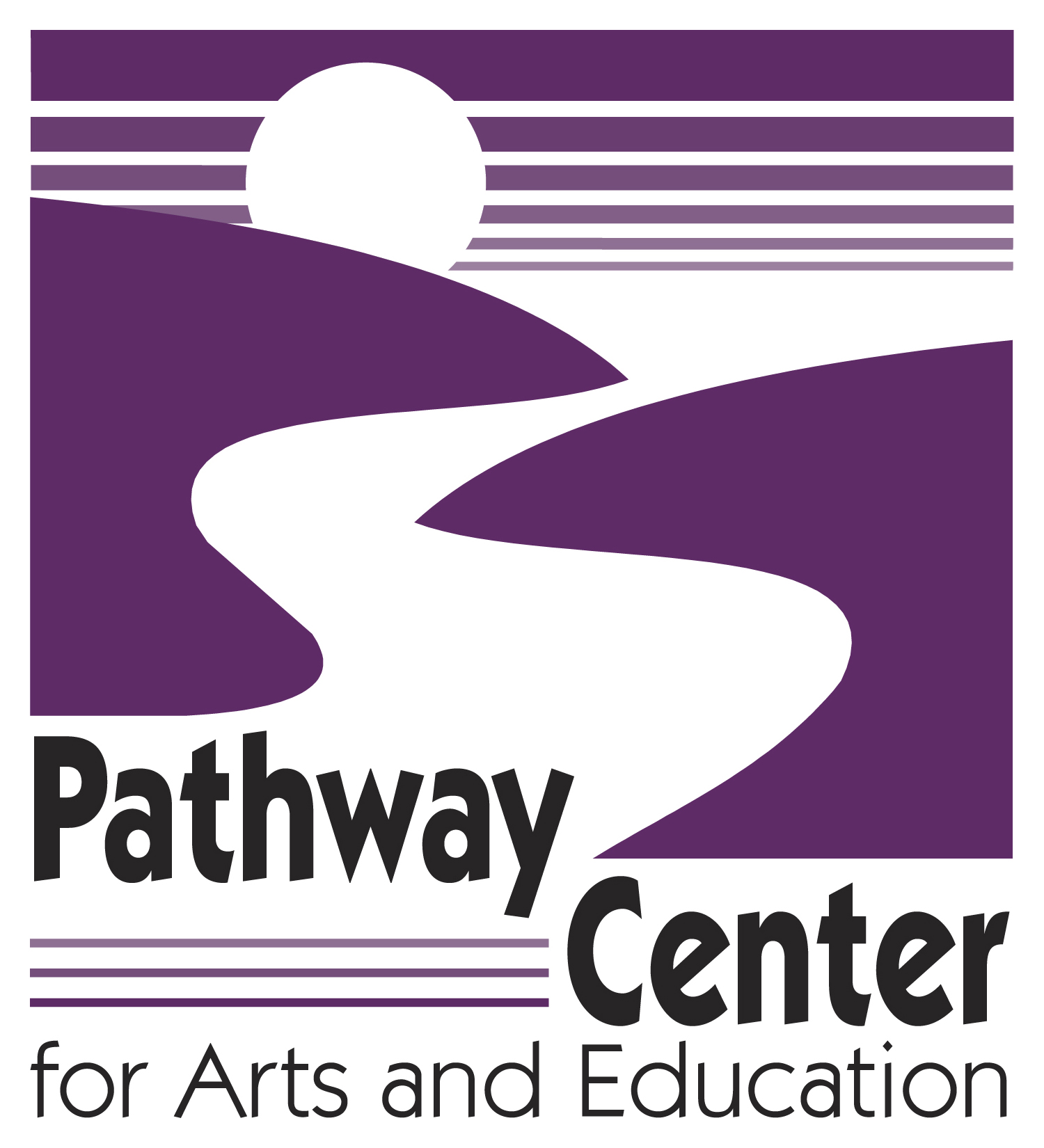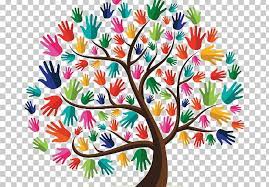Three significant components of community education are lifelong learning opportunities, community involvement, and efficient use of community resources. When these components connect with community needs, it supports civic growth within a community.
Community education is the interconnections and collaborations that foster lifelong learning opportunities by optimizing the availability of community resources and services. It integrates various programs throughout the community addressing community needs for extracurricular school activities, youth development, adult education, workforce training, and educational and professional certification.
Lifelong learning is the self-motivated pursuit of skills and knowledge throughout an individual’s personal or professional life, either formal, informal, or non-formal. It fosters interpersonal and communication skills and enhances socialization, active citizenship, and personal development.
It has become increasingly important in our ever-changing world to acquire the necessary skills and attitudes to adapt to an ever-changing world. When community education offers lifelong learning opportunities within a community, it embraces this need. Whether an enrichment course or skills-based training, learning leans into adapting to change. In addition, when community resources and community involvement are in place to support such learning, the overarching effect of community education becomes a course of change.

